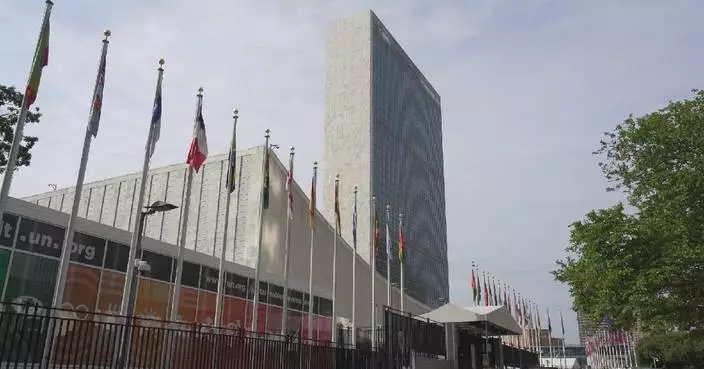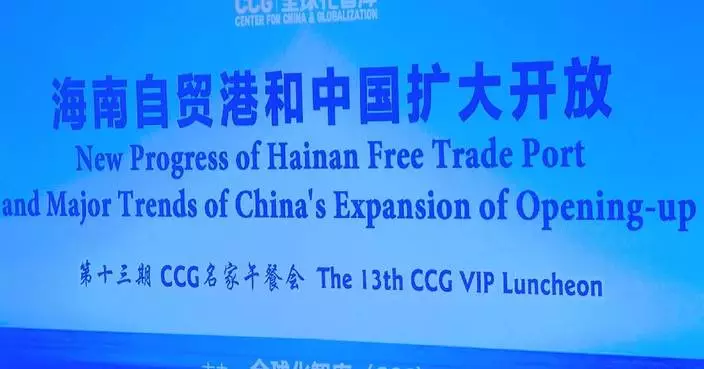Vietnam and Honduras, two of the world's major coffee-growing countries, were severely impacted by high temperatures, droughts and other abnormal conditions brought by climate change.
December is usually the peak season for coffee harvesting in Gia Lai Province, a key coffee-producing area in Vietnam. This year, however, local coffee farmers have encountered a significant reduction in production due to the drought in the summer.
"I have been growing coffee for 22 years and I have never experienced a drought like this year's," said Pham Duc Suy, a local coffee farmer.
Vietnam experienced an unusual combination of high temperatures and drought in the summer of 2024, leading to reduced production in many major coffee-producing areas in the country.
"In 2023 we collected six tons of green coffee beans and harvested nearly 30 tons of coffee cherries. But in 2024 we only collected 17 tons of coffee cherries, half of what we could get in previous years," said Nguyen Van Hoa, a local coffee farmer.
To combat the extreme weather conditions, local farmers increased their irrigation and the government deployed agricultural technicians to help solve the water shortage issues.
However, in addition to drought, the high temperatures also triggered a white aphid infestation, further exacerbating the decline in coffee production.
The reduction in coffee production in Vietnam has led to a decline in exports for 2024. In the first 11 months of 2024, Vietnam's cumulative coffee exports approached 1.2 million tons, a year-on-year decrease of 15.4 percent, according to industry data.
However, as coffee prices soared in 2024 globally, the country's coffee exports generated 4.84 billion U.S. dollars during the same period, up 32.8 percent year on year.
Coffee farmers in Honduras have also been severely impacted by climate change.
Coffee is a major agricultural product in Honduras, grown in 15 of the country's 18 provinces, with more than 120,000 families involved in its production.
The abnormal climate conditions in 2024 shortened the flowering season for coffee crops, resulting in a notable decrease in production.
"Normally, we experience three to four flowering seasons each year. Due to climate change, some areas may only see one or two flowering seasons. However, our coffee plantation only has one flowering season annually now," said Franco Ordonez, a local coffee producer.
Honduras' coffee exports during the 2023-24 period dropped from 7.15 million bags in the previous period to 6.1 million bags, and the export value fell from 1.213 billion U.S. dollars to 1.074 billion U.S. dollars, according to industry data.
Local farmers expressed the hope to improve the quality of their coffee beans and promote sustainable practices, while exploring new coffee products that appeal to emerging markets.
"We are studying the flavors of coffee. The Asian market prefers floral and sour flavors. And we're putting in the effort to refine our flavors to meet this demand," said Ordonez.

Climate change harms coffee production in Vietnam, Honduras





















































